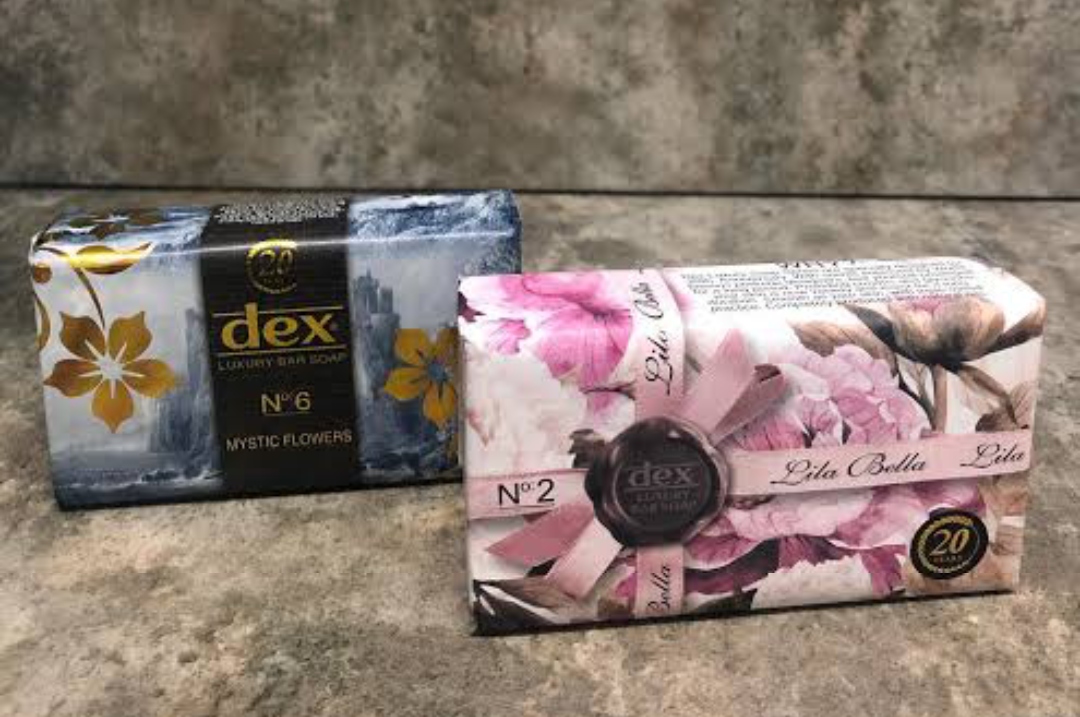Written by Zawn Villines
Vitamin E is not a single vitamin, but rather a group of fat-soluble vitamins with antioxidant effects.
Antioxidants fight free radicals, which are electrons that have broken off from an atom. Free radicals have been linked to a wide range of health conditions, from cancer to premature aging.
Vitamin E oil is derived from vitamin E and can be applied directly to the skin, or added to lotions, creams, and gels. Many supporters of vitamin E oil argue that it is a potent antioxidant, but research on its benefits is mixed.
Contents of this article:
Vitamin E oil: The basics
Ten potential benefits
Risks and considerations
How to use vitamin
Vitamin E oil: The basicsVitamin E oil
Vitamin E oil is applied topically to the skin.
Vitamin E oil is distinct from vitamin E supplements because it is applied directly to the skin. Concentrations vary between manufacturers, and some users simply pop open vitamin E capsules and put the contents on their skin.
Vitamin E oil is an ingredient in many skincare products; especially those that claim to have anti-aging benefits.
Vitamin E supplements may prevent coronary heart disease, support immune function, prevent inflammation, promote eye health, and lower the risk of cancer. However, the research on these benefits is varied, and vitamin E supplementation is not right for everyone.
Vitamin E oil’s benefits are primarily cosmetic and have limited scientific support. Before using vitamin E oil, consult a doctor or skin care expert.

Ten potential benefits
Vitamin E oil’s potential benefits derive from two key features: its antioxidant properties, which could fight inflammation and slow the effects of free radicals, and its moisturizing properties.
Some purported benefits of vitamin E oil include:
Moisturizing skin
Vitamin E is found in many moisturizers, and the oil may be used as a moisturizer to prevent or treat dry, flaking skin.
Wound healing
Some research suggests that vitamin E supplements may promote wound healing. It is possible that topical vitamin E oil might offer similar benefits, but there is little research on the subject.
Skin cancer prevention
A 2013 study found that mice given supplements containing vitamin E were less likely to develop skin cancer, even when exposed to large quantities of ultraviolet light. These results prompted some supporters of vitamin E oil and supplements to claim that it can prevent skin cancer.
However, studies on humans have not found any skin cancer prevention benefits associated with vitamin E.
Reducing skin itchingWoman itches her arm
Vitamin E may help to reduce itchy skin and ease eczema.
Vitamin E cannot treat allergic reactions, infections, and other issues that cause skin itching. Because it moisturizes the skin, however, it may offer temporary relief from itching caused by dry skin.
Eczema
Vitamin E may alleviate the dryness, itching, and flaking associated with eczema, or atopic dermatitis.
One study found that oral vitamin E supplements could produce significant improvements in eczema symptoms. Though vitamin E oil has not been well-studied in the treatment of eczema, it may increase the effectiveness of topical moisturizers.
Psoriasis
At least one study has linked topical vitamin E to a reduction in psoriasis symptoms. Even better, the study showed that there were no serious side effects.
However, the effects of vitamin E on psoriasis were not as good as most readily available treatments. Vitamin E oil might be a good option for people who want to avoid prescription remedies and who have mild psoriasis.
Preventing or minimizing the appearance of scars
Folk wisdom has long suggested that vitamin E, applied to the skin, taken as a supplement, or both, might treat scars, or prevent them from forming in the first place. But research does not support this claim and has found no association between vitamin E use and scar prevention.
In one older study from 1999, almost one-third of participants had an allergic reaction to topical vitamin E, suggesting the oil is more likely to make scarring worse rather than prevent it.
A more recent literature review found that evidence about whether vitamin E improved or worsened scarring was inconclusive.
Research does suggest that well-moisturized skin is less likely to scar. So for people who do not have an allergic reaction to vitamin E, using it as a moisturizer while the wound heals may offer some benefits.
Preventing or treating fine lines and wrinkles
Dry skin tends to look more wrinkled than well-moisturized skin. The moisturizing benefits of vitamin E oil may help the skin look more youthful and less wrinkled.
Claims that vitamin E prevents or treats wrinkles, however, are unsupported by scientific evidence. The best strategy for preventing wrinkles is to avoid direct sunlight and to wear a quality sunscreen.
Sunburn preventionSunburn on a mans arm.
Vitamin E may help to reduce the risk of sunburn.
Limited research suggests that vitamin E can prevent or reduce the formation of sunburns, although wearing sunscreen and avoiding direct sun exposure remain the best strategies for protecting the skin.
Because vitamin E oil can moisturize and soothe dry, flaky skin, it may help to relieve the burning and itching that result from a sunburn.
Promoting nail health
Research suggests that vitamin E supplementation can prevent yellow nail syndrome, which causes peeling, cracked, and yellowing nails.
Vitamin E oil’s moisturizing benefits may also support nail health by preventing cracked cuticles and dry skin around the nail bed.
Risks and considerations
The biggest risk associated with vitamin E use is an allergic reaction. Vitamin E can irritate the skin, making skin problems worse. People with a history of allergic reactions should avoid vitamin E, or should do a patch test on a small area of skin first.
Because vitamin E oil is a supplement and a beauty product, the U.S. Food and Drug Administration (FDA) do not regulate it. This may mean that two vitamin E oils might have radically different concentrations and produce different effects in the same person.
Many vitamin E products contain additional ingredients. It is important to read the label and consult a doctor if uncertain about the product’s safety.
How to use vitamin E
Before using vitamin E oil, do a patch test. Apply a small dab of the oil to an area that is not highly visible, such as the back of the knee or behind the ear. Wait 24-48 hours. If no reaction develops, it is probably safe to use.
Do a patch test if using vitamin E on a wound. Apply to a small portion of the wound first and wait 24-48 hours.
Begin with a low concentration of vitamin E oil, and apply a thin layer over the affected area. Over several days, gradually increase the amount until reaching the levels recommended on the package. Read the label carefully and avoid exceeding the recommended dosage.
For even greater benefits, try adding a few drops of vitamin E oil to a thick moisturizing cream. This enhances the cream’s moisturizing benefits and helps buffer any potential irritation.
Please note: Any medical information published on this website is not intended as a substitute for informed medical advice and you should not take any action before consulting with a health care professional.






































Leave a comment